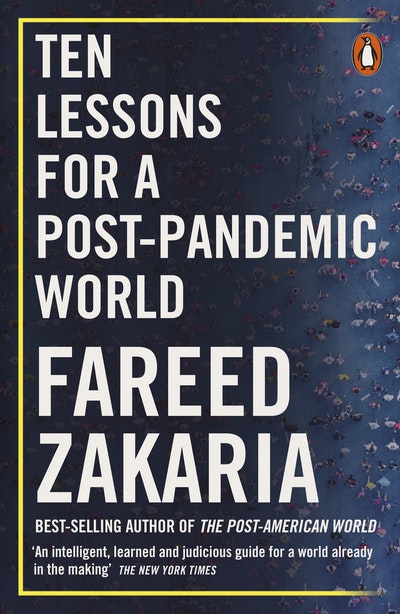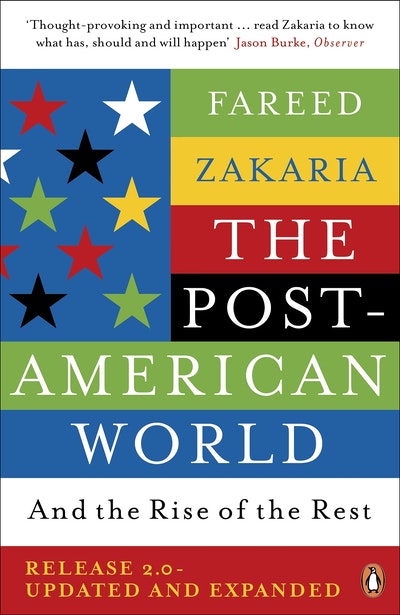Since the end of the Cold War, the world has been shaken to its core three times. 11 September 2001, the financial collapse of 2008 and - most of all - Covid-19. Each was an asymmetric threat, set in motion by something seemingly small, and different from anything the world had experienced before. Lenin is supposed to have said, 'There are decades when nothing happens and weeks when decades happen.' This is one of those times when history has sped up.
In this urgent and timely book, Fareed Zakaria, one of the 'top ten global thinkers of the last decade' (Foreign Policy), foresees the nature of a post-pandemic world: the political, social, technological and economic consequences that may take years to unfold. In ten surprising, hopeful 'lessons', he writes about the acceleration of natural and biological risks, the obsolescence of the old political categories of right and left, the rise of 'digital life', the future of globalization and an emerging world order split between the United States and China.
Ten Lessons for a Post-Pandemic World speaks to past, present and future, and will become an enduring reflection on life in the early twenty-first century.





